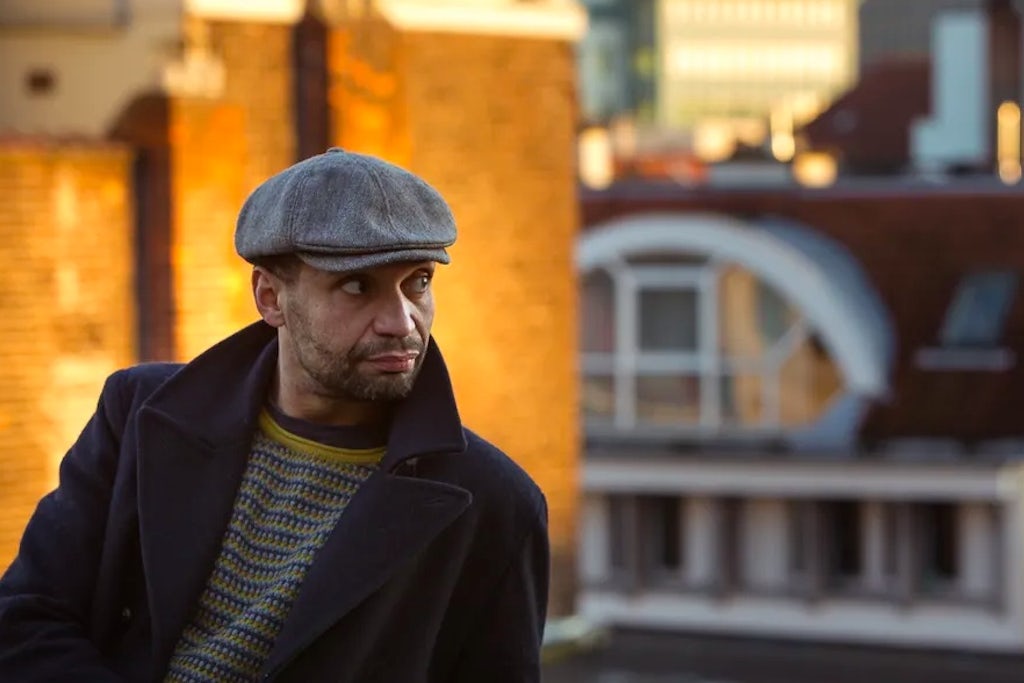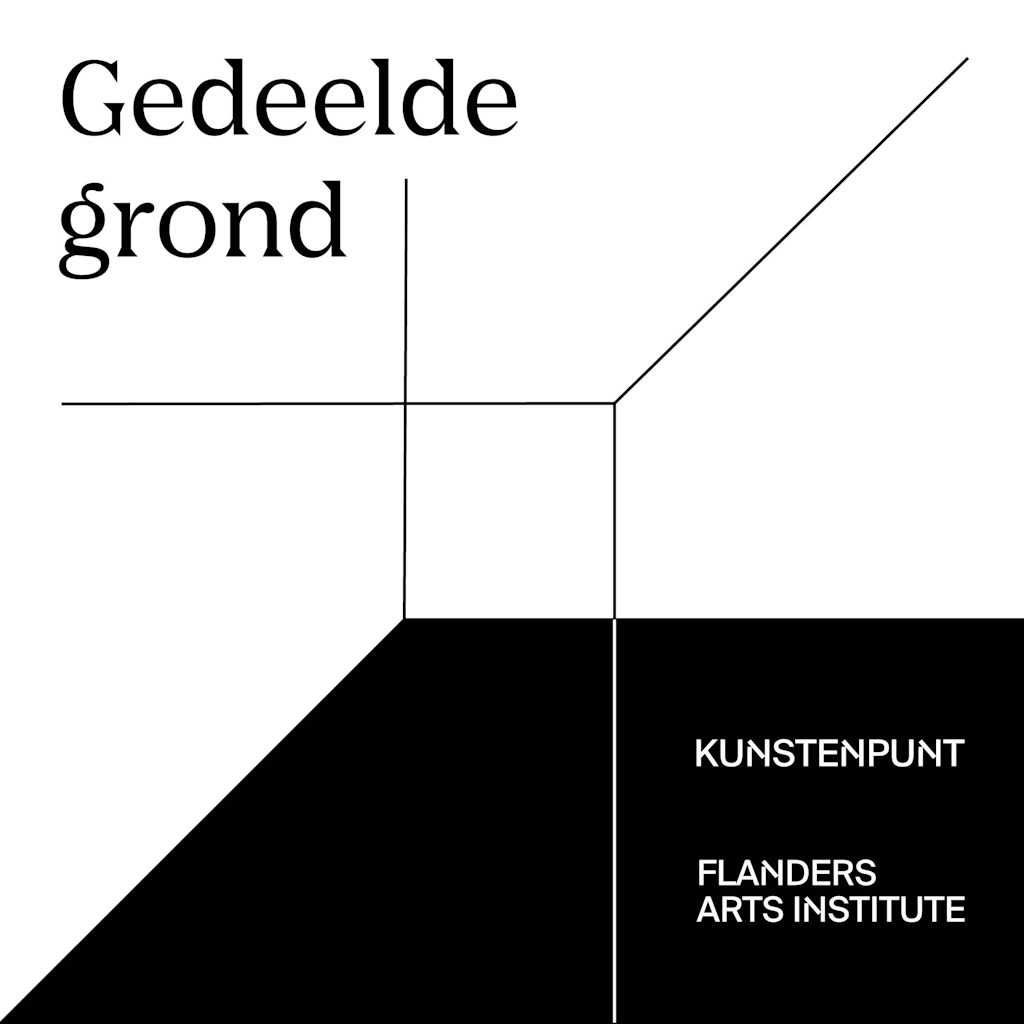Gedeelde grond (Shared ground) 2 – listen to our podcast with Junior Mthombeni

Junior M(c)Danny Willems
Gedeelde grond (Shared ground) is a new series of conversations with arts professionals from Flanders. What do they dream about? What do they worry about? In the second episode, playwright and musician Junior Mthombeni talks about how he saw how the sector evolved: the arts field became slightly less white, disciplines increasingly overlapped and our view of what art is has changed.
Podcast series – episode 2 (in Dutch, summary available in English)
We are trying to show content from Spotify.
Kunsten.be only uses minimal cookies. To view content by a third party website, this site can place additional cookies. By continuing to browse you are agreeing to the use of those third party cookies.
Read more about our privacy policy?
Summary (English)
Junior Mthombeni has been working as a musician, actor and theatre maker since the mid-1990s. He saw how the sector evolved: the arts field became slightly less white, disciplines increasingly overlapped and our view of what art is has changed. Where he used to have to convince people that slam poetry or hip hop are also art, this is now generally accepted.
However, according to Mthombeni, there is a risk that these disciplines are only programmed under the guise of ‘we need to add colour to our house’, without the interest being real. “Let it become part of our DNA, that is what I advocate.”
Mthombeni sees how not only the cities, but also the countryside are becoming increasingly diverse, an evolution that is still far too little visible in our structures.
Art organisations, but also teacher corps and policies are still very white. If, as a person of colour, you enter an institution or a school and it is completely white, you immediately have the feeling: I don’t belong here.
There is a lot of talk about diversity, but that is not enough. If we want anything to change, we have to build multi-voicedness into the structure, at all levels. “I’m not advocating making every piece activist, but it’s important to show the world as it is.”
And that is about much more than just colour. It is about a formal language, a movement in which every city has its own dynamics: in Brussels, makers create different things than in Antwerp or Mechelen. But when these different styles come together, a beautiful mixture arises. According to Junior, that is the great thing about the arts in Flanders: they do not follow a style or rules, they don’t do things the way they “should”. We make our own interpretations and often bring together visual arts, theatre and music…
Our arts field is a great creative hotbed, driven by curiosity about each other.
It is therefore important in these times that we maintain that curiosity and openness instead of turning inwards, crawling into our own nests to protect what we have… We must not become cynical. Junior also tries to show this in RISA, his new production for the KVS. RISA means “laughter”, but also stands for “Reckless Idiots Seeking Absolution”. The idea: “The world is f***ed anyway, so all we can do is put aside our cynicism. We fight with a smile and embrace each other.” Also a nice metaphor for the Flemish arts?
Recorded: June 9th 2023 at KVS in Brussels.



